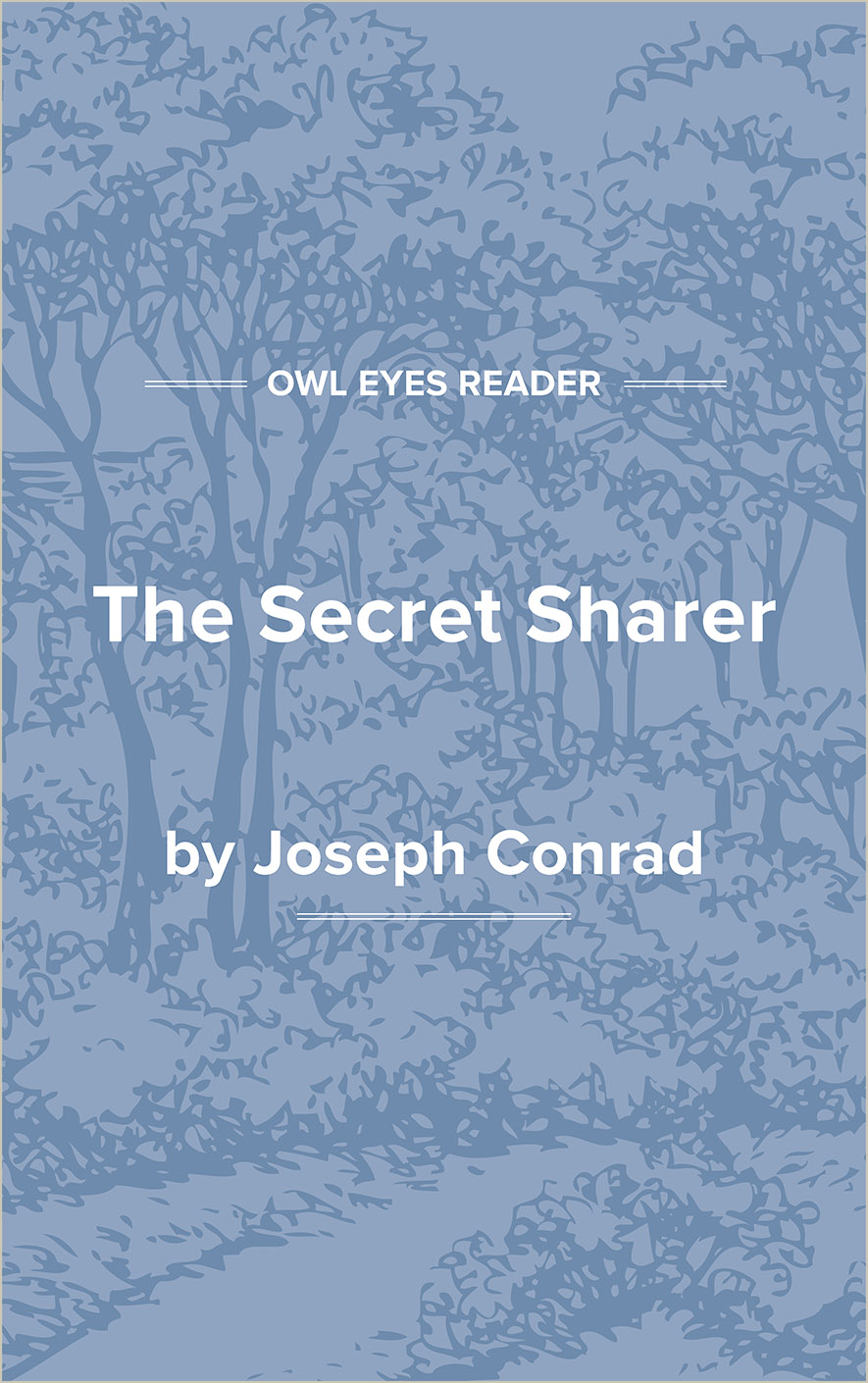Study Guide
Joseph Conrad Biography
Joseph Conrad was born Jósef Teodor Konrad Naęcz Korzeniowski on December 3, 1857, near the rural village of Berdyczów in Poland, under Russian domination. Conrad’s mother, Ewa Bobrowski, came from an affluent and influential family of landowners who had made their peace, as best they could, with their Russian overlords. Conrad’s father, Apollo Korzeniowski, was a would-be poet, a dedicated patriot, and a translator of William Shakespeare into Polish who found no peace in Russian Poland. The marriage of Apollo and Ewa was frowned upon by the Bobrowskis, who felt that Ewa had married beneath herself, and Ewa’s brother, Tadeusz, a prominent lawyer and member of the landed gentry, seldom missed an opportunity to remind his nephew, Jósef, that he bore the tainted Naęcz blood.
Apollo Korzeniowski devoted all his energies and, ultimately, his life to the Polish freedom movement. As a result of his political activities, he was labeled an enemy of the state and exiled to Vologda in northern Russia. The five-year-old Jósef and his mother followed Apollo into exile. Three years later, her health ruined by the fierce Russian winters, Ewa Korzeniowski died, and Apollo, equally weakened by the ordeal, succumbed four years after his wife. There is little doubt that Conrad’s own lifelong precarious physical state had its genesis in these years in exile.
From these blighted early years, two convictions were impressed in Conrad’s consciousness that surfaced in his work: a continuing hatred for all things Russian and for autocratic regimes, and a strong sense of man as victim, instilled by his father’s fate, and of man’s essential loneliness and isolation, instilled by his own orphanage at the age of twelve. The victimization of the innocent lies at the heart of Conrad’s political novels, especially Under Western Eyes and The Secret Agent, and is a major theme in Heart of Darkness. The alienated figure, forced to cope as best he can alone, is the essential Conrad.
With the deaths of Apollo and Ewa Korzeniowski, Conrad came under the tutelage of his concerned but somewhat demanding maternal uncle, Tadeusz Bobrowski. Bobrowski, a man of many affairs and very positive ideas and ideals, sent his young ward to St. Anne’s School in Kraków for a brief term and later provided Conrad with a tutor and companion in the hope of creating a proper Polish gentleman. These few years constituted the extent of Conrad’s formal education. An avid reader from his early childhood, Conrad was largely self-educated, and the wide knowledge of English, French, and Russian literature apparent in his works (especially in his critical essays) was acquired through his own efforts.
Bobrowski’s hopes and plans for Conrad’s becoming an accepted member of the right circles in Polish society were not to be realized. Chafing under the regimen of his oversolicitous uncle and, perhaps, convinced that there was no place for Apollo Korzienowski’s son in Russian Poland, Conrad finally persuaded his reluctant uncle that his future lay elsewhere: at sea, a dream with which Conrad had been obsessed since seeing the Adriatic during a walking tour of northern Italy in 1873.
In 1874, Conrad left Poland for the port city of Marseilles, France, and the seaman’s life to which he would devote the next twenty years. He carried with him his uncle’s begrudging blessing and, more important, considerable financial support. The break with his native land was to be more complete than Conrad may have realized at the time, since he returned to Poland on only three occasions during the remainder of his life.
Conrad’s adventures and misadventures during his four years in and about Marseilles provided the material, many years later, for the almost lyrical memoir The Mirror of the Sea and the novel The Arrow of Gold, the latter of which has been the subject of much critical dispute. With his uncle’s backing, Conrad acquired, during that time, part ownership of the bark Tremolino
(The entire page is 1,620 words.)
Owl Eyes subscribers get unlimited access to our expert annotations, analyses, and study guides on your favorite texts. Master the classics for less than $5/month!

